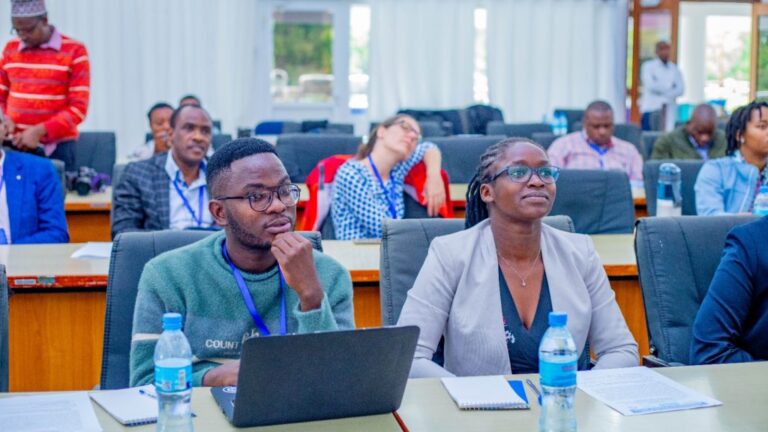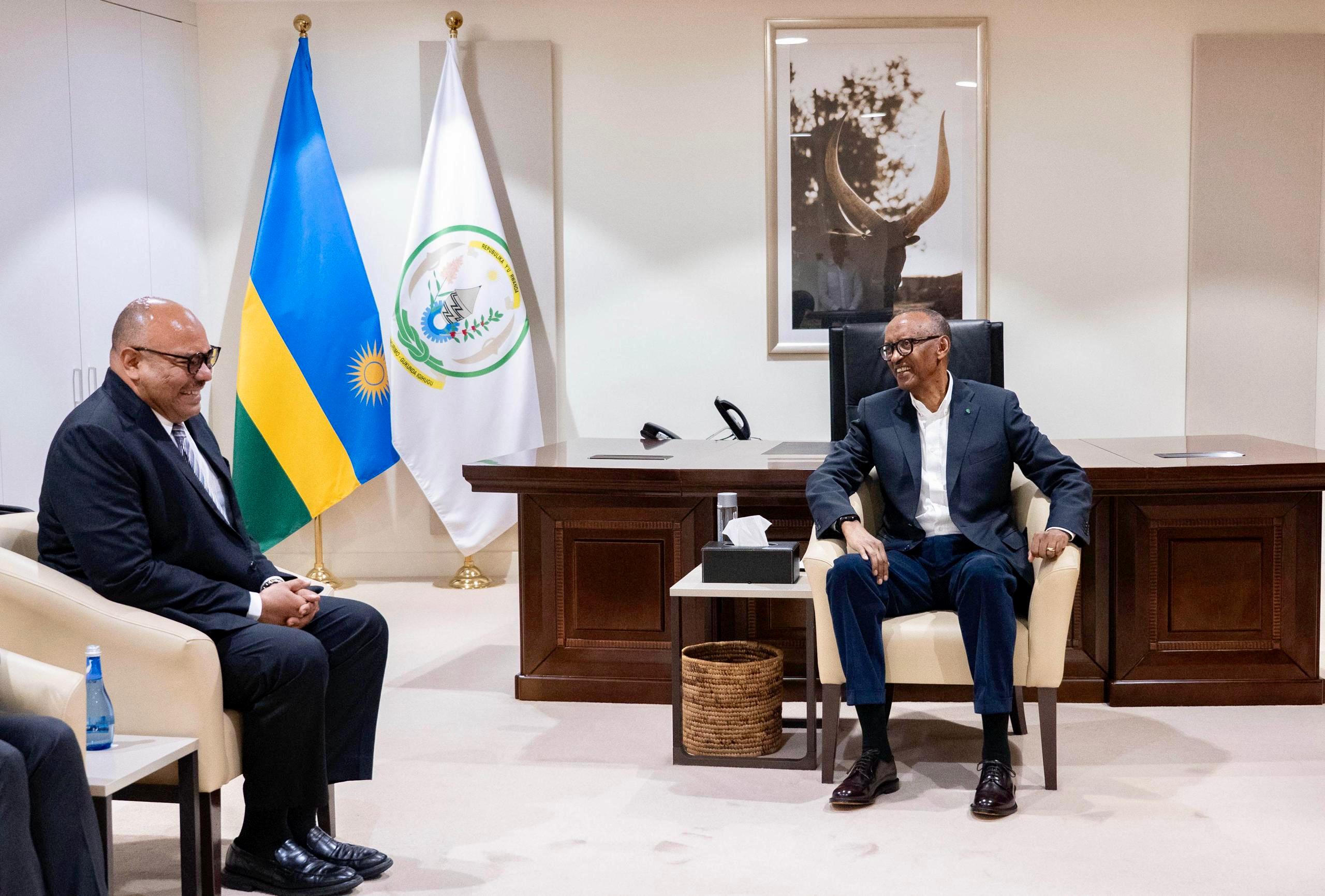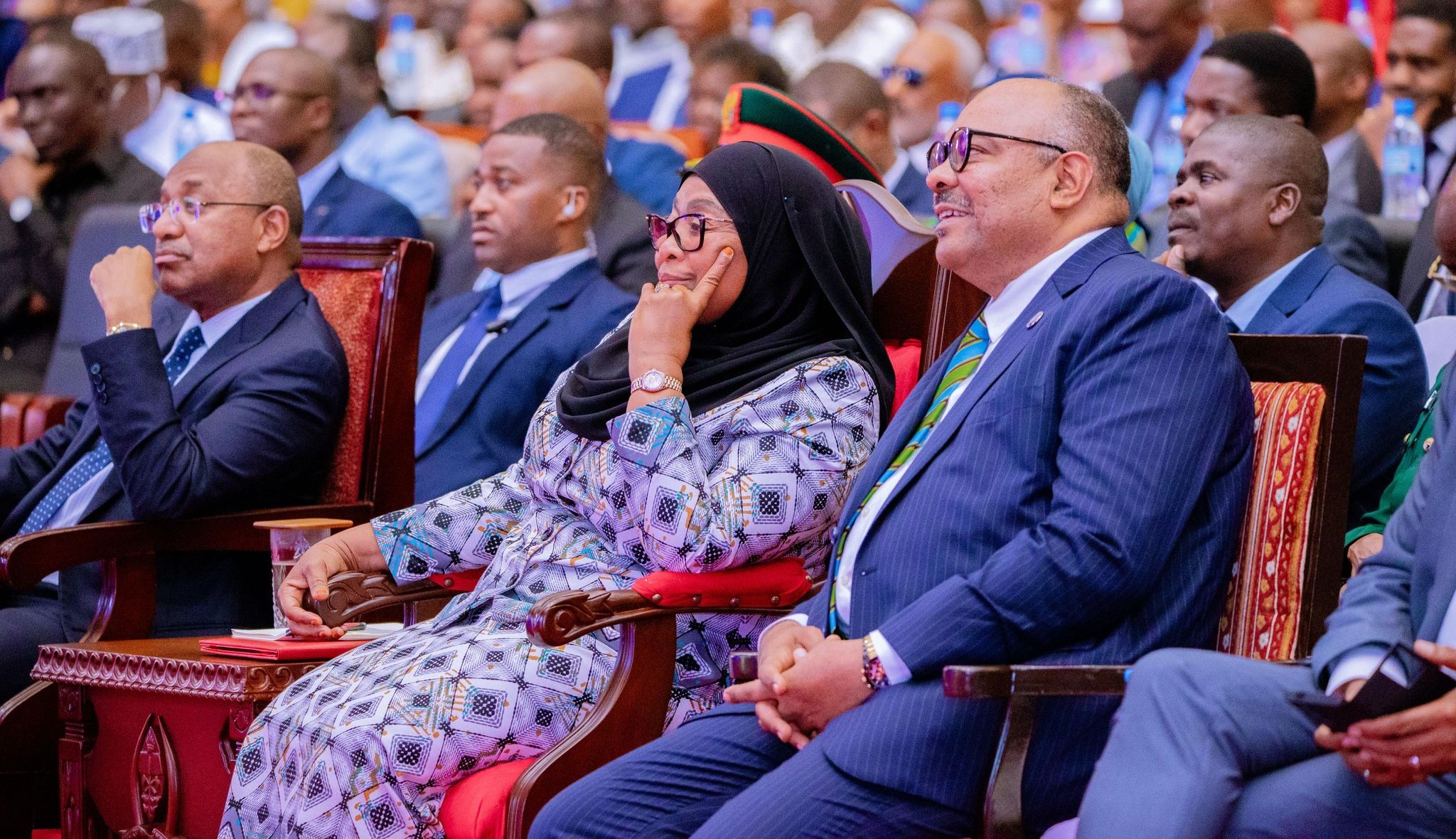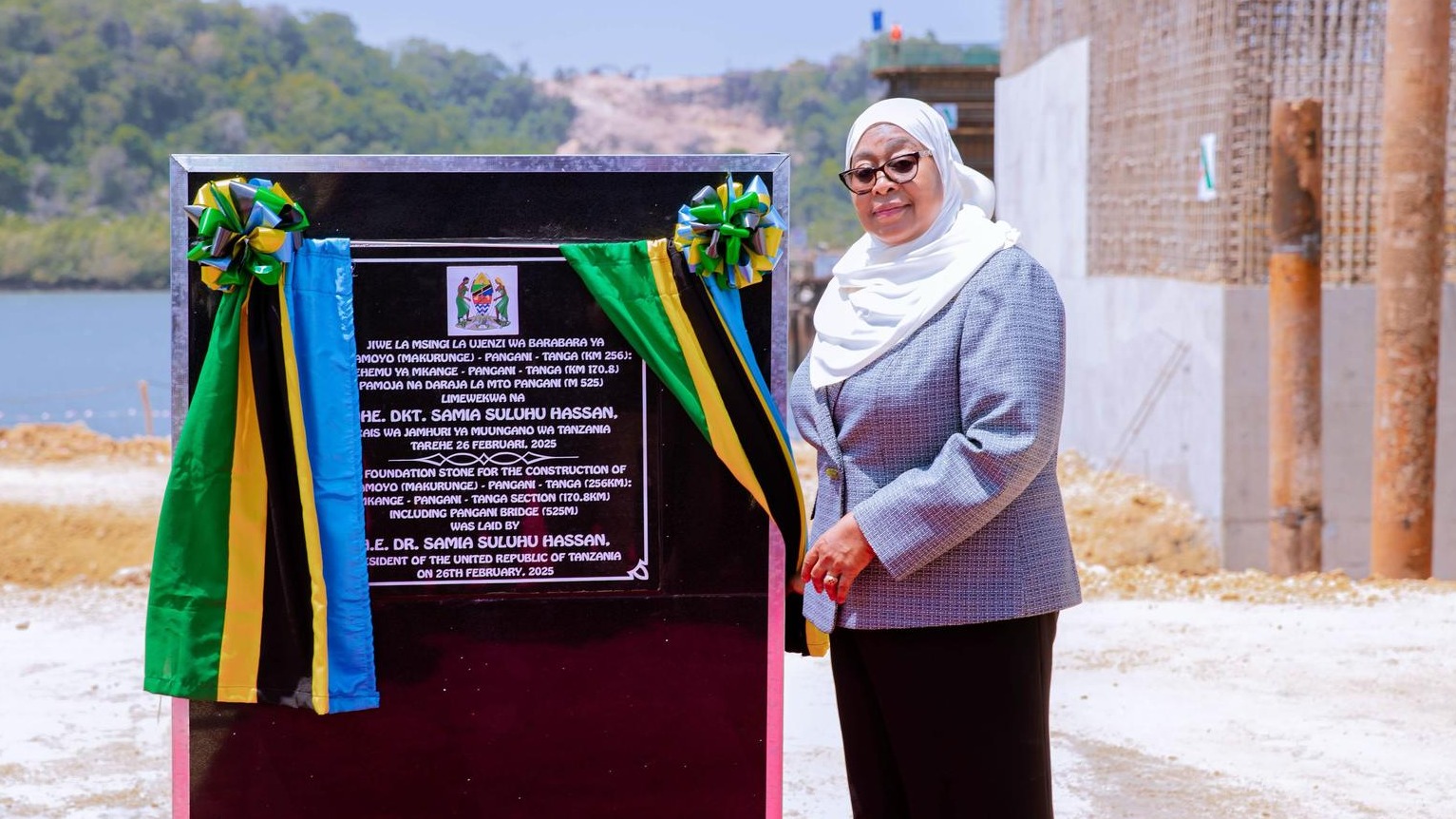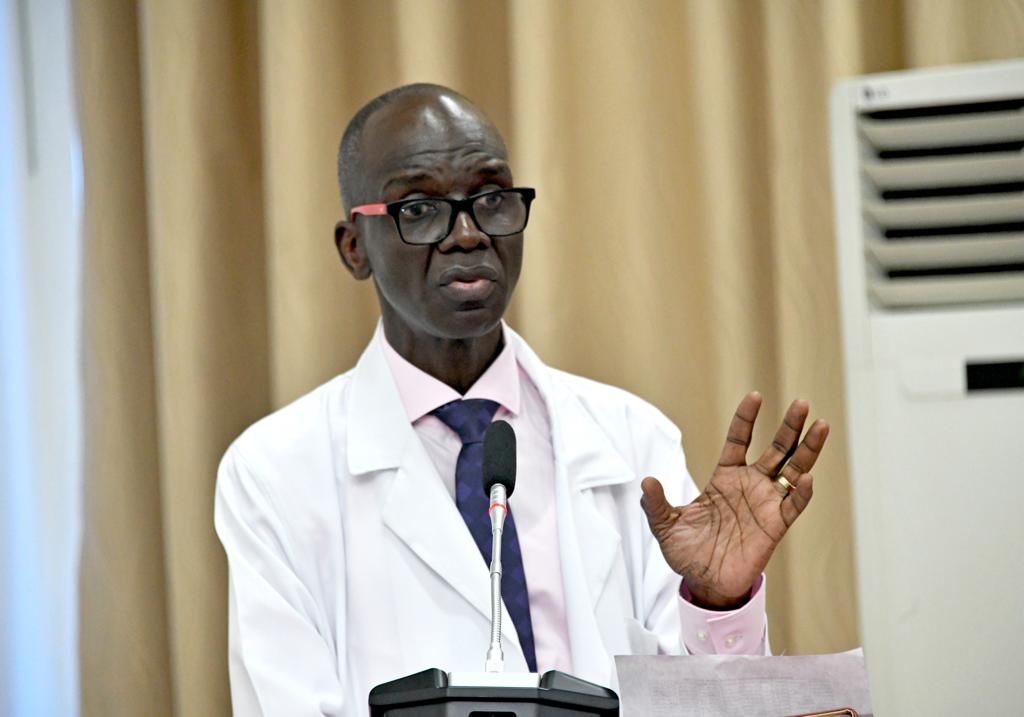Arusha. Climate change experts from Tanzania and other East African Community member states convened in Arusha for a one-day conference to discuss their role in global efforts to combat climate change.
The conference, held early this week, aimed to enhance awareness of the activities of the Intergovernmental Panel on Climate Change (IPCC) and preparations for the Seventh Assessment Report (AR7), expected to be finalised between 2029 and 2030.
Participants were encouraged to contribute to the IPCC process through authorship, expert selection, and peer review of assessment reports.
Organised by the Tanzania Meteorological Authority (TMA) in collaboration with the Nelson Mandela African Institution of Science and Technology, the conference brought together scientists and professionals from various disciplines related to climate change across Tanzania and the wider East African region.
TMA Board Chairperson, Judge Mshibe Ali Bakari, who officiated the event, underscored the importance of increased participation by East African scientists in IPCC processes.
“We hope that through forums such as this, our scientists will engage in research that aligns with IPCC standards, enabling them to make meaningful contributions to the Seventh Assessment Report,” said Judge Bakari.
Acting Director-General of TMA and IPCC Vice-Chair, Dr Ladislaus Chang’a, highlighted the critical role of IPCC reports in shaping global climate action.
“The AR7 report is expected to be comprehensive and will provide crucial guidance on climate action based on rigorously validated scientific evidence,” Dr Chang’a stated.
Climate change in Tanzania
Tanzania, like many other developing nations, faces mounting challenges from climate change.
Rising temperatures, unpredictable rainfall patterns, and extreme weather events such as droughts and floods have increasingly threatened agricultural productivity, water resources, and biodiversity.
Coastal areas, including major urban centres such as Dar es Salaam, are experiencing rising sea levels, leading to land erosion and loss of livelihoods for communities dependent on fisheries.
Globally, the impact of climate change continues to intensify, with record-breaking temperatures, wildfires, and severe storms becoming more frequent.
The latest IPCC reports indicate that urgent mitigation and adaptation measures are required to limit global warming to 1.5°C above pre-industrial levels, as set out in the Paris Agreement.
Africa, despite contributing the least to global greenhouse gas emissions, remains one of the most vulnerable regions to climate change due to limited resources for adaptation.
Initiatives such as increased investment in renewable energy, sustainable land-use practices, and climate-resilient infrastructure are crucial to mitigating the adverse effects.
The Arusha conference served as a platform to encourage East African experts, academics, and policymakers to actively engage in the IPCC process, ensuring that African perspectives and challenges are adequately represented in global climate change assessments.

